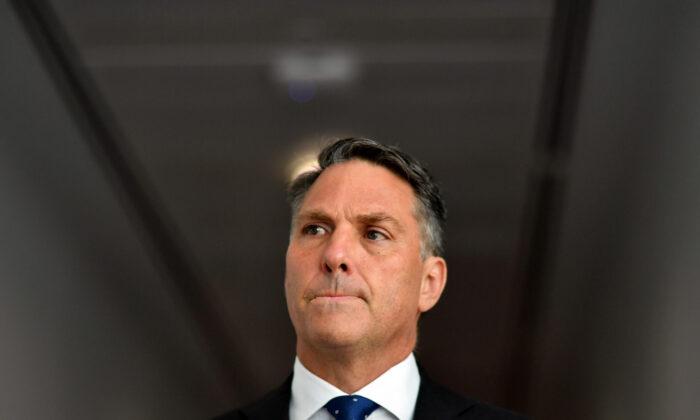Australian ministers at both state and federal levels will meet to address the energy crisis sweeping through the country.
Deputy Prime Minister Richard Marles said the federal government would consider employing all possible measures to improve gas supplies across the east coast.
“The regulators already said that in initiating gas supply mechanism, they’re already seeing more gas supply into the southeast corner of the country, and that should have a short-term impact.”
Gas and electricity prices have shot up across Australia due to increased winter demand for energy, unscheduled outages at coal-fired power stations, and gas shortages caused by the Russia-Ukraine war.

Meanwhile, Energy Minister Chris Bowen is expected to organize the meeting in the week commencing June 6.
At the same time, Marles said that the government would seek to boost renewable energy production in the medium to long term. Still, the deputy prime minister noted that it would take time to make changes to the energy grid.
“What we have got now is really the product of nine years of failure on the part of the former government in terms of having consistent energy policy,” he said.
“Investment in renewables is down, which is why we don’t have a grid that can accept them.”
However, opposition leader Peter Dutton described Marles’ criticism as a complete rewrite of history.
“This is nothing to do with renewables. I think the government has to take responsibility for what is a serious issue.”
In addition, Dutton said that despite international factors adversely affecting the Australian energy market, there were mechanisms in place to navigate evolving situations.
“Obviously, international impacts out of Europe ... at the moment mean the government has to respond,” he said.
“It seems to me that the inexperience of both Anthony Albanese and Chris Bowen is shining through. They have got the ability and the legislation there to deal with this, and they don’t know what they should do.”
Meanwhile, the federal government has faced calls to trigger the Australian Domestic Gas Reservation Mechanism to redirect exports and support domestic supply.
Nevertheless, the energy minister said the mechanism would not lead to a change in gas prices in the short term.
“That’s a misunderstanding of how the mechanism works ... it cannot come into force until January 1 next year,” Bowen told reporters.





